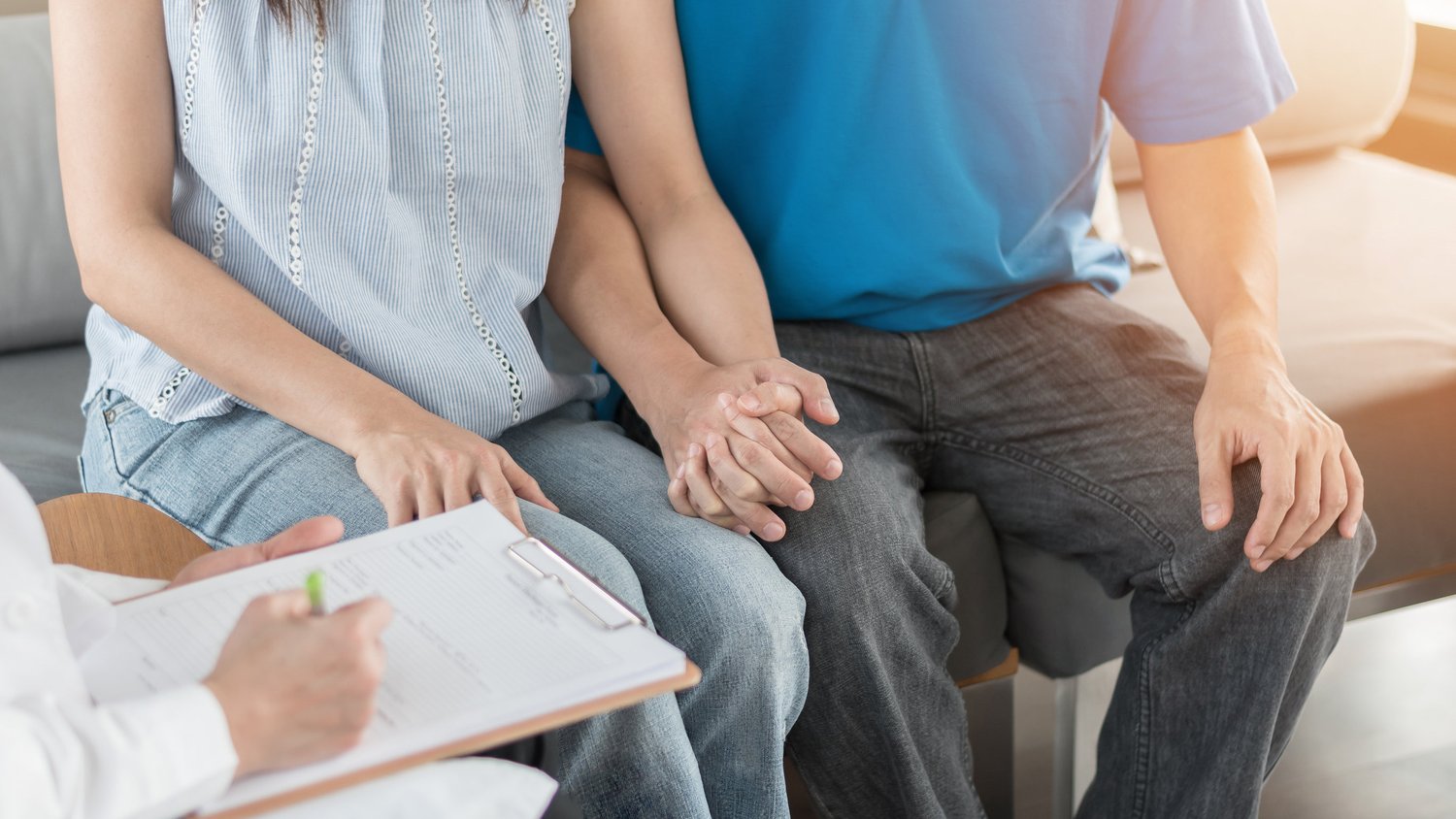Everyone talks about chlamydia, gonorrhea, and HIV. But there is another STI (Sexually transmitted infection) that is much more common — HPV, or Human Papillomavirus.
What is HPV?
Human papillomavirus (HPV) is the most common sexually transmitted infection. Nearly all sexually active women and men will have HPV at some point in their lives. There are over 150 types of HPV. Low risk types of HPV cause genital warts while high risk types of HPV can lead to cancers including cancer of the cervix, vagina, vulva, mouth/throat, anus/rectum and penis. HPV is spread by intimate skin-to-skin contact including vaginal, anal, or oral sex with someone who has the virus.
Will I Know if I Have HPV?
Most people with HPV have no signs or symptoms. Most HPV infections are temporary, do not cause any health problems, and 90% resolve on their own within two years. Signs or symptoms of HPV can develop years after contracting the virus making it nearly impossible to know when you first became infected. When the virus persists there is a chance of developing cervical precancer or cancer. This usually takes many years.
How do I Reduce my HPV Risk?
Since HPV is transmitted by sexual contact, having multiple sexual partners is associated with increased risk. Condom use may reduce risk of contracting HPV. The HPV vaccine greatly reduces risk of contracting an HPV infection, providing nearly 100% protection against cervical cancer and genital warts. Girls and boys should get the HPV vaccine as a series of shots that can be administered as early as age 9. Routine cervical cancer screening through pap and HPV testing is recommended for women ages 21 to 65 as an essential part of preventive health care.

